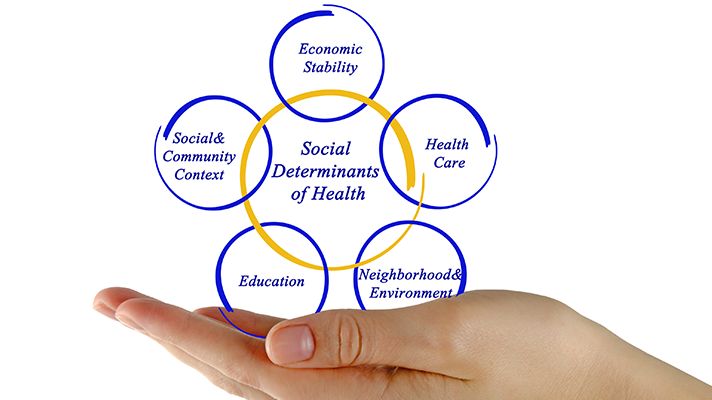
@ShahidNShah


Healthcare has traditionally been an insular sector, unaccustomed to the kind of broad-based, multi-stakeholder cooperation, and collaboration that the healthcare consumer increasingly expects.
But access to a complete picture of the patient – including the behavioral and environmental factors that influence daily health – is critical to realizing the shared benefits of value-based, holistic care.
The challenge extends far beyond service efficiencies that can be gleaned from the patient encounter. Consider: medical care only accounts for between 10% and 20% of health outcomes, whereas the physical environment, social determinants, and behavioral factors account for 80% to 90% of outcomes.
Viewed strictly through the lens of technology, interoperability resources can bridge the gaps in care that are the result of insular data systems and inconsistent data formats, but to integrate community based, non-traditional environmental data into the patient record, a higher order of cross-system interoperability is required.
Continue reading at healthcareitnews.com
If there is one thing we’ve learned during the COVID-19 pandemic it’s that patients probably can’t get enough reliable communication from their trusted healthcare providers. There is so much …
Connecting innovation decision makers to authoritative information, institutions, people and insights.
Medigy accurately delivers healthcare and technology information, news and insight from around the world.
Medigy surfaces the world's best crowdsourced health tech offerings with social interactions and peer reviews.
© 2025 Netspective Foundation, Inc. All Rights Reserved.
Built on Apr 25, 2025 at 12:44pm